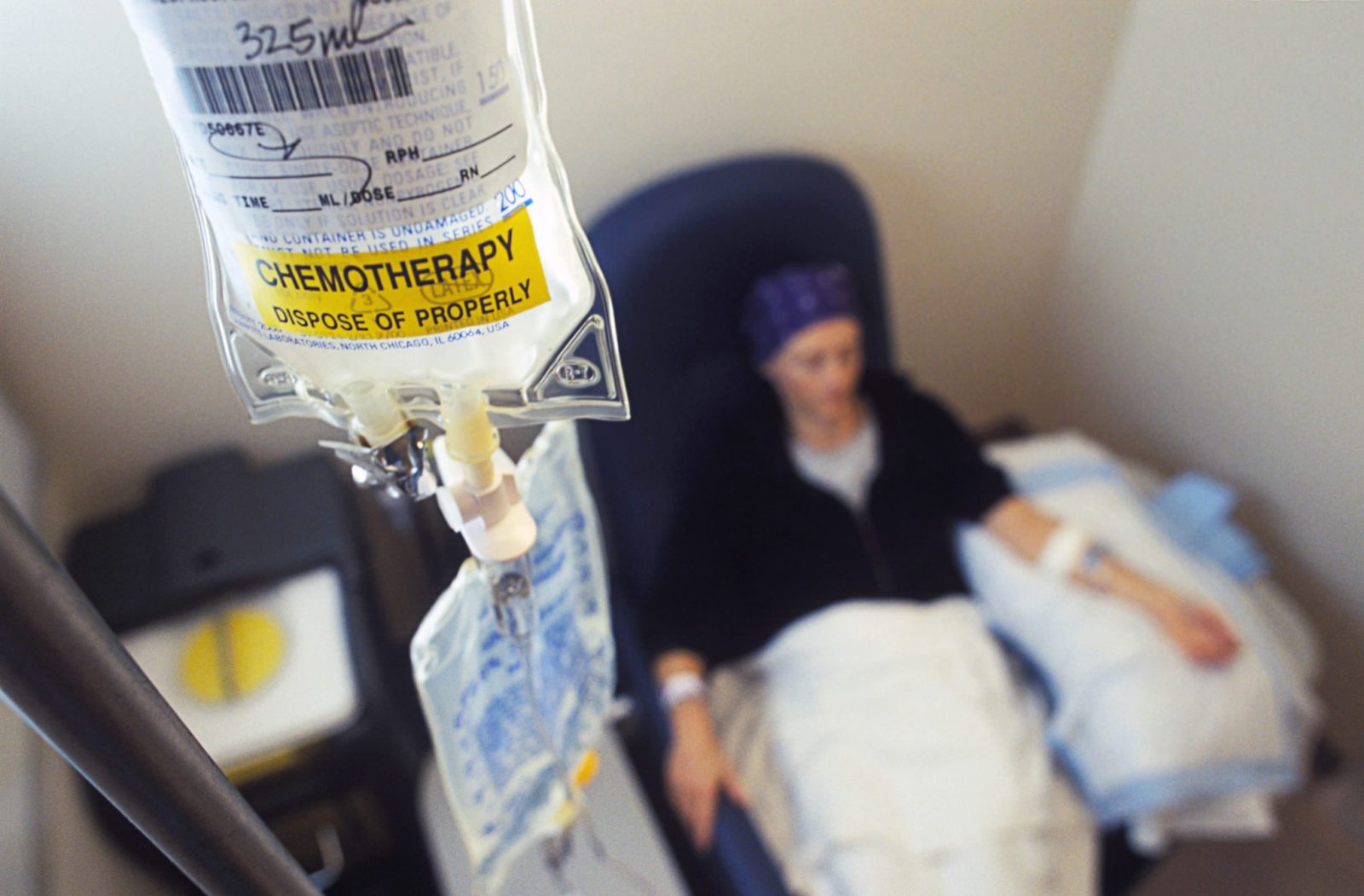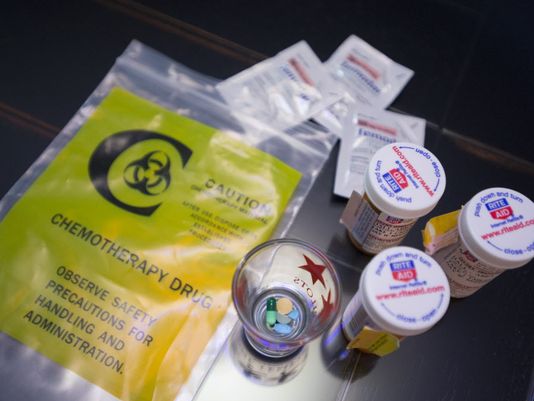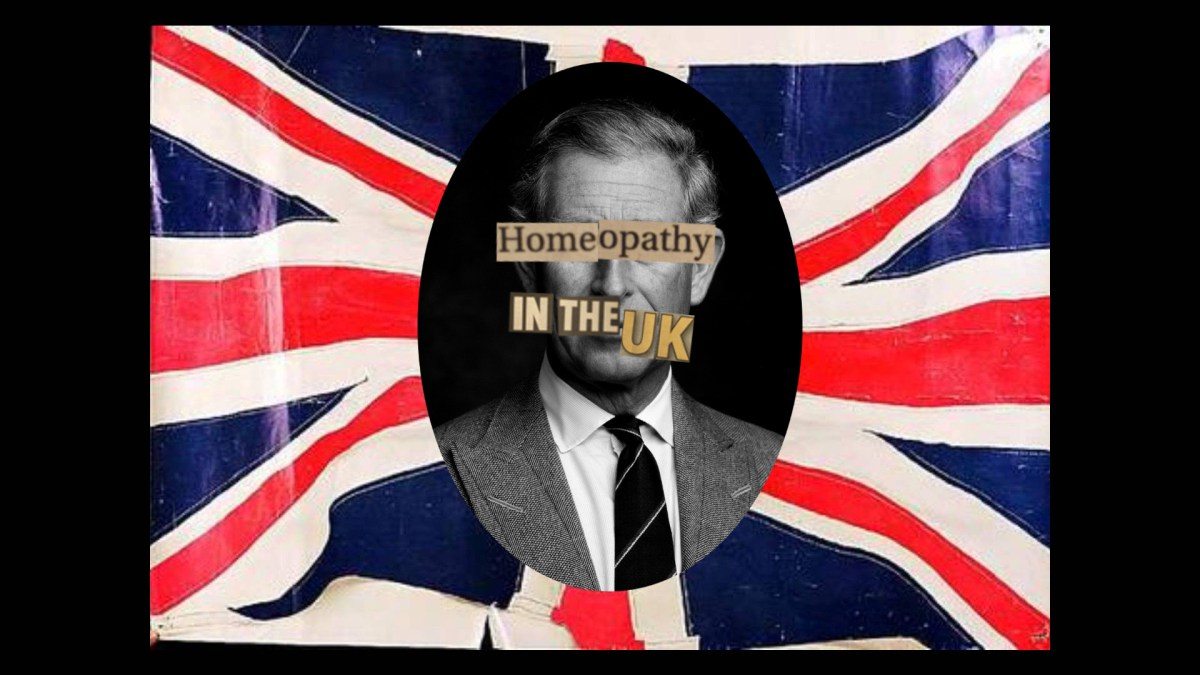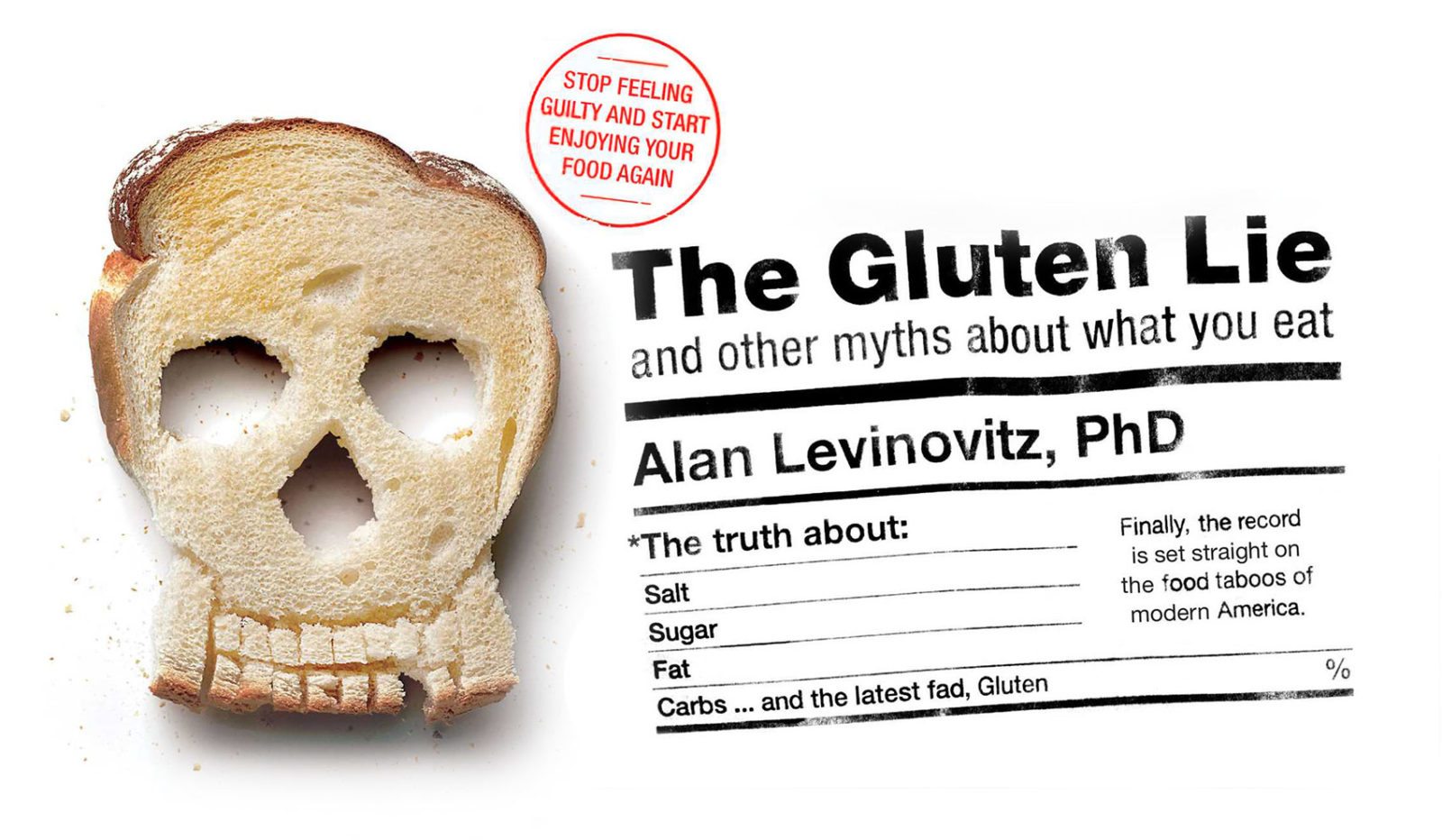Results for: placebo

David Tredinnick – Quack Candidate for Health Select Committee Chair
Today the UK Parliament will have a vote for the chair of the Health Select Committee. The two choices could not be more starkly different, so much so that this vote might be seen as a referendum on two world views, one that respects science and another that confuses pseudoscience and spirituality for medicine. On one side we have Sarah Wollaston, the...

As in 2014, “right-to-try” laws continue to metastasize in 2015, part 2
"Right-to-try" laws sound on the surface to be reasonable and compassionate. They are neither. And they continue to metastasize from state to state.
Don’t just stand there, do nothing! The difference between science-based medicine and quackery
The Merriam-Webster Dictionary defines science as: Knowledge about or study of the natural world based on facts learned through experiments and observation. And: Knowledge as distinguished from ignorance or misunderstanding. While this should distinguish science from pseudoscience, those who practice the latter often lay claim to the same definition. But one of the major differences between science and pseudoscience is that science...
The PIED Piper of Nootropics
Nootropics are an emerging class of drugs that are designed to enhance cognitive function. They are part of a broader category of drugs known as performance and image enhancing drugs (PIED) which are used for enhancement of memory and cognition, sexual performance, athletic performance or musculature (also called “lifestyle” drugs). It will probably come as no surprise to regular readers of SBM...

As in 2014, “right-to-try” laws continue to metastasize in 2015
Last year, I did several posts on what I consider to be a profoundly misguided and potentially harmful type of law known as “right-to-try.” Beginning about a year and a half ago, promoted by the libertarian think tank known as the Goldwater Institute, right-to-try laws began popping up in state legislatures, which I likened to Dallas Buyers Club laws. Both Jann Bellamy...

Homeopathy and the UK’s National Health Service
Homeopathy is arguably the silliest form of alternative medicine: the published studies show no evidence of anything beyond nonspecific contextual effects, and the underlying premise is incompatible with the existing body of scientific knowledge. Homeopathy has increasingly been questioned or denounced by organizations in several countries, most recently in FDA hearings in the US. I recently spoke at the QED conference (Question,...

Separating Fact from Fiction: The “Magic” of Epigenetics?
Every few years, it seems, a new concept emerges as the favorite go-to means of marketing unproven and highly implausible approaches to health care. Explanations of the proposed healing properties of homeopathic remedies incorporating quantum mechanics immediately comes to mind as an example of this phenomenon. Or how proponents of the most absurd treatments will just add “Nano” to anything and claim...

A journey to alternative and integrative medicine apostasy
WIRED posted a story about Jim Laidler recently discussing his movement away from autism biomed and back to science. It's a good story, that deserves sharing, and explores many of the motivations people have for embracing alternative medicine.
The “Healing Codes” of Alex Loyd: Energy Healing with Words and Finger Exercises
Alex Loyd’s concept of “Healing Codes” is one of the most bizarre, ridiculous offshoots of so-called energy medicine. Loyd is a naturopath who has been criticized by “Dr. Joe” Schwarcz for recycling old bunk for profit. He claims that illness is due to disturbances in the human energy field and that the cells of our body store destructive energy patterns and all...

Ancient Origins of Modern Dietary Demons
There are few aspects of daily existence, particularly in modern society, that are more pervasive than advice on what we should eat. Everyone, including friends, family, strangers on Twitter and self-proclaimed experts in nutrition and health, seems to have an opinion on how to eat in order to improve and prolong our lives. Even legitimate organizations dedicated to the health and well-being...

